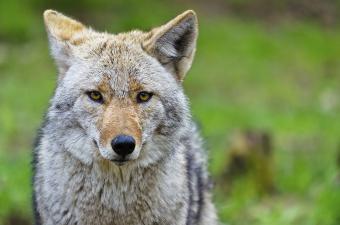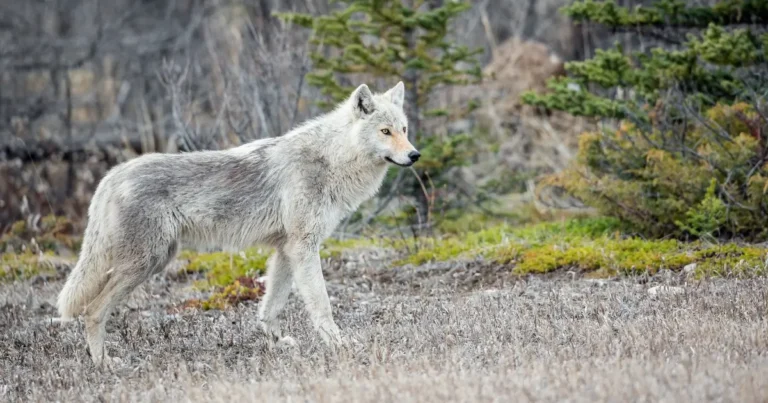
And at Yarmouth International Airport, non-lethal methods are being used to keep wildlife – and the humans using the airstrip – safe.
According to the Yarmouth Vanguard, the airport is working on a multi-year plan to prevent wildlife conflict at the site.
“The program includes repairing holes and clearing brush back eight-feet from both sides of 11-kilometres of perimeter fencing, to reduce intrusion from deer,” wrote The Vanguard’s Carla Allen. These are easy, intelligent and non-lethal methods that can be used on many properties.
But it is the way the airport is managing coyotes that is most impressive.
Runway lights (which are exactly what they sound like) are vital to the safety of pilots and passengers at an airport. But coyotes in Yarmouth had seemingly decided the plastic coating of the wiring was a tasty treat. The Vanguard noted that as many as 20 lights could be damaged in a single night, and the problem had gone unsolved for years.
Trapping – the traditional response to any type of conflict with coyotes – was unsuccessful in reducing the incidents of plastic chewing. And the necessity of finding another fix led to innovation on the part of airport manager Mike Fields.
“I conducted some research last year,” Fields told The Vanguard. “[Coyotes] don’t like to bite into aluminum foil so we started using aluminum tape and the chewing stopped immediately. Instead of costing $3,000 the problem was fixed for less than $50.”
A non-lethal and MacGyver-esque solution such as aluminum tape (and the significant cost savings) shows that compassion and intelligence combined can outwit any problem. The Fur-Bearers will be adding this trick to our list of solutions – and hope that more people will make the choice to live with wildlife.
Work like our growing Living With Wildlife campaign is only possible with the support of monthly donors. Please consider become a monthly donor – for as little as $5 a month – and help us create a Canada that is truly fur-free.

